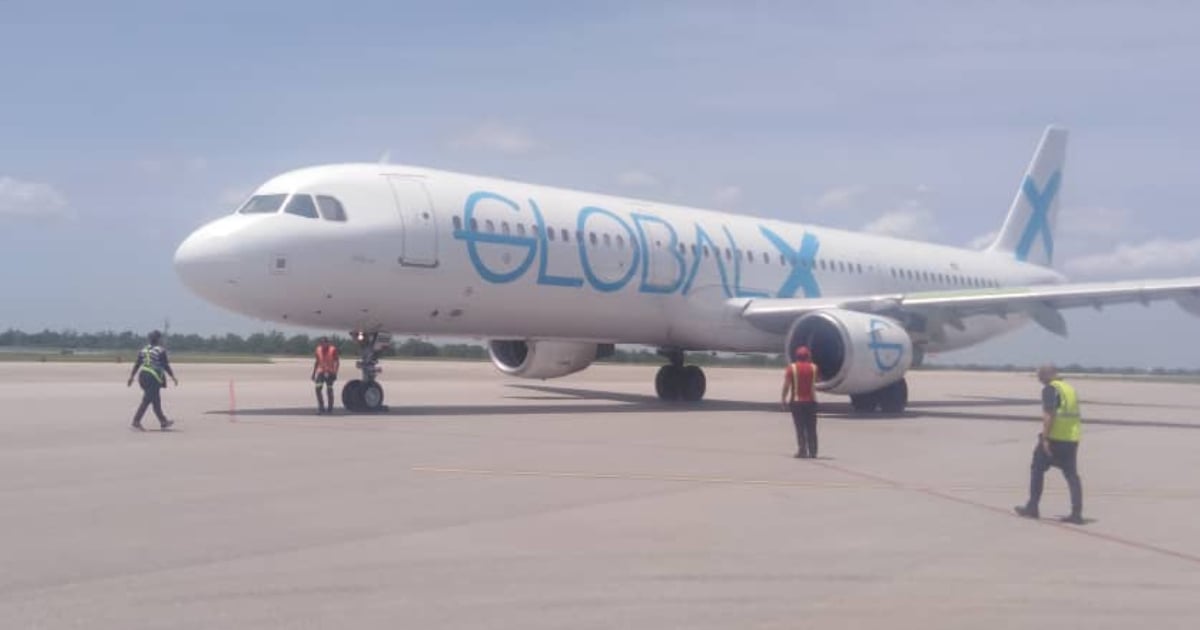An aircraft carrying 89 Cuban migrants departed the United States and touched down in Havana this Wednesday, marking another deportation under the current U.S. administration. The flight, landing at Havana's "José Martí" International Airport, was confirmed by Cuba's Ministry of the Interior (MININT).
The group consisted of 76 men, 12 women, and one minor, according to the official statement from MININT. This recent operation raises the number of deportation flights to Cuba from various regional countries to 20 this year alone, with a total of 676 individuals sent back to the island.
The deportation aligns with the Trump administration's stringent immigration policies, which have intensified since his return to office. This includes the resumption of large-scale deportation flights to Cuba. Just last May 30, the U.S. sent back 130 Cuban nationals, marking the largest single deportation flight of the year and the most significant since the operations restarted in April 2023.
Among those deported in May, five individuals were handed over to MININT's criminal investigation units due to their departure from Cuba while under parole. Deportations are conducted under existing bilateral agreements between Havana and Washington, aiming to discourage illegal departures and encourage a "regular, safe, and orderly" migration process.
Despite these agreements, April saw the Trump administration indefinitely suspend migration talks with Cuba, further straining diplomatic relations between the two nations. Adding to the tension, the recent Supreme Court decision to allow the termination of the humanitarian parole program (CHNV) has left thousands of Cuban migrants, who arrived since 2022, in a state of uncertainty.
Official figures indicate that over 42,000 Cubans in the U.S. are facing final deportation orders while under supervised release. The Cuban government has been hesitant to accept the return of those who left the country before 2017 or have criminal records, forcing the U.S. Department of Homeland Security (DHS) to explore unusual solutions, such as deporting two Cuban nationals to South Sudan.
Meanwhile, some migrants have been detained in immigration centers in Louisiana and New Mexico, or released under supervision after exceeding the legal detention period.
Understanding U.S.-Cuba Deportation Policies
What are the main reasons for recent deportations from the U.S. to Cuba?
Recent deportations from the U.S. to Cuba are largely due to the Trump administration's strict immigration policies, which aim to curb irregular migration and enforce existing bilateral agreements with Cuba.
How does the suspension of migration talks affect U.S.-Cuba relations?
The suspension has heightened tensions between the U.S. and Cuba, complicating diplomatic relations and affecting collaborative efforts to manage migration effectively.
What impact does the Supreme Court's decision on the CHNV program have?
The decision to end the CHNV program has created uncertainty for many Cuban migrants who relied on this humanitarian parole to stay in the U.S., affecting their legal status and future in the country.
